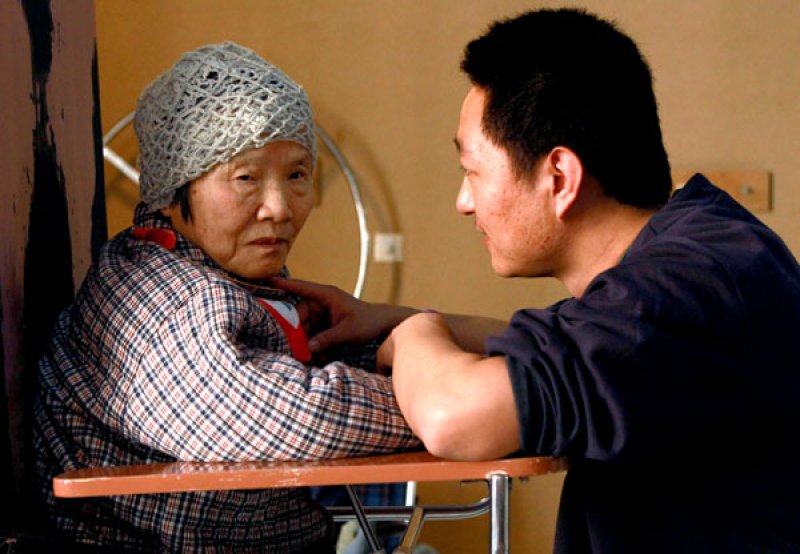Chinese regulators have granted conditional approval to an Alzheimer’s drug that is derived from seaweed, potentially shaking up the field after years of clinical failures involving experimental therapies from major drug companies.
The announcement over the weekend has been met with caution as well as an eagerness from clinicians and others to see full data from the drug maker, Shanghai Green Valley Pharmaceuticals. The company said its drug, Oligomannate, improved cognitive function in patients with mild to moderate Alzheimer’s compared to placebo in a Phase 3 trial, with benefits seen in patients as early as week four and persisting throughout the 36 weeks of the trial.
It has been almost two decades since any Alzheimer’s drug was approved. Oligomannate has received scant attention in the United States during its development.
…
“It’s good to see that drug regulators in China are prioritizing emerging treatments for Alzheimer’s, but we do still need to see more evidence that this drug is safe and effective,” Carol Routledge, the director of research at Alzheimer’s Research UK, said in a statement.
Read full, original post: A new Alzheimer’s therapy is approved in China, delivering a surprise for the field but also questions































